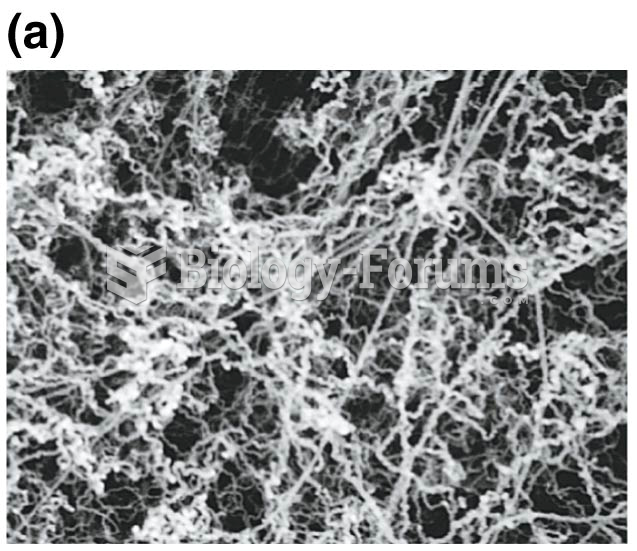This topic contains a solution. Click here to go to the answer
|
|
|
Did you know?
The top five reasons that children stay home from school are as follows: colds, stomach flu (gastroenteritis), ear infection (otitis media), pink eye (conjunctivitis), and sore throat.
Did you know?
There are 60,000 miles of blood vessels in every adult human.
Did you know?
On average, the stomach produces 2 L of hydrochloric acid per day.
Did you know?
There are more nerve cells in one human brain than there are stars in the Milky Way.
Did you know?
In the United States, there is a birth every 8 seconds, according to the U.S. Census Bureau's Population Clock.
 Cushing’s syndrome. A photograph of a woman with the characteristic facial features of Cushing’s syn
Cushing’s syndrome. A photograph of a woman with the characteristic facial features of Cushing’s syn
 Conjunctivitis, with the characteristic “pinkeye” appearance. A yellow crusty exudate is also common
Conjunctivitis, with the characteristic “pinkeye” appearance. A yellow crusty exudate is also common





